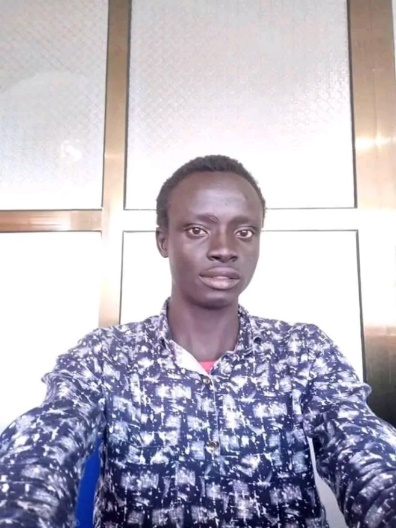By Manas James Okony
As the war between rival military factions enters Day 19, Sudan, the Africa’s third largest country, stands at a crossroads, facing a critical moment in almost its 7-decades history as rival generals embarked on a ‘war of annihilation’ since April 15, 2023. The country has been in a state of turmoil with interludes of political stability since the overthrow of long-time president Omar al-Bashir in 2019, and the situation has only grown more complicated and dangerous.
The ongoing conflict pits the military Sudan Armed Forces (SAF) against Rapid Support Forces (RSF), a strong paramilitary group that was established during al-Bashir’s reign. Both the military, led by General Abdel-Fattah Abdelrahman al-Burhan, and the paramilitary led by General Mohamed Hamdan Daglo Musa aka Hemedti, have been struggling to control the country—a struggle they claimed is necessary to preserve the gains of the revolution.
This conflict has led to widespread violence and unrest in Sudan, with reports of deadly clashes between military and RSF, as well as attacks on civilians with at least 500 people known to have been killed and more than 4000 others injured. It has also sparked international concern, with the United Nations, the African Union (AU), and the Inter-governmental Authority on Development (IGAD), among other organizations and countries calling for an end to the violence and a return to civilian rule.
Hemedti vs al-Burhan
The paramilitary Rapid Support Forces was established in 2013 as a counterinsurgency force to fight against rebels in the Darfur region and other parts of the country, but it has since been criticized by human rights bodies for its involvement in human rights abuses, and for its lack of accountability and transparency. The paramilitary is led by Hemedti who is the deputy head of the Transitional Military Council.
Al-Burhan, the Commander-in-Chief of SAF, who doubles as the head of the country’s ruling Council is a long-time friend of Hemedti.
The two generals twice jointly seized power in coup die ’tat. The first takeover saw the overthrow of the strongman al-Bashir in April 2019, and two years later that of Prime Minister Abdalla Hamdok who was serving under an arrangement which was supposed to put the Sudan on the path of democracy.
All appeared rosy for the two generals not until in the recent weeks when tensions which have been building over power saw the country being plunged into a ‘civil war’.
Statements by al-Burhan and Hemedti on media outlets like Al Jazeera, Al Arabiya, and Sky News Arabia if anything means the two generals are poised for a decisive faceoff.
As the fifth ceasefire truce ends today (Thursday 1 May), Sudan, stands at a crossroads. One path is doom and gloom. The other gives a glimpse of hope as a 7-day ceasefire brokered by South Sudan is set to take effect this evening. However, several earlier ones were not largely holding. So, all eyes will be on Sudan to see what unfolds one of these days.
Fallouts from the unrest in Sudan
The ongoing conflict in Sudan would have serious consequences not only for the Sudanese people, but for the region as a whole. Sudan is a key player in the Horn of Africa, with strategic ties to countries like Egypt, Ethiopia, and South Sudan. Instability in Sudan could have a ripple effect across the region.
South Sudan is implementing a peace deal for which Sudan is a guarantor meaning a lawless Sudan would be a recipe for new conflicts in the world’s newest nation. Ethiopia to the east is recovering from a 2-year civil war in Tigray and parts of Amahara regions. To the west and the north, in Chad and Libya respectively, there is no peace either.
The way forward
Lest Sudan becomes a hub for proxy wars, diplomacy should be the only option. A peaceful resolution will require significant efforts on the part of all parties involved. The international community can play a crucial role in facilitating dialogue and mediating negotiations, but ultimately it will be up to the Sudanese generals to chart their own course.
As Sudan stands at this crossroads, the path forward will not be easy. The world is watching, and the fate of Sudan will have implications far beyond its borders. The Sudanese people deserve a future that is peaceful, just, and democratic, and it is up to all of us to support them in achieving that future.
The author Manas James Okony is a journalist and can be reached via manasjamesokony@gmail.com




